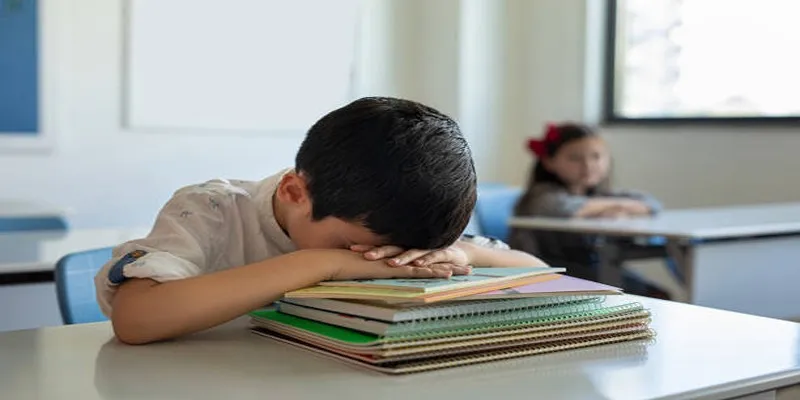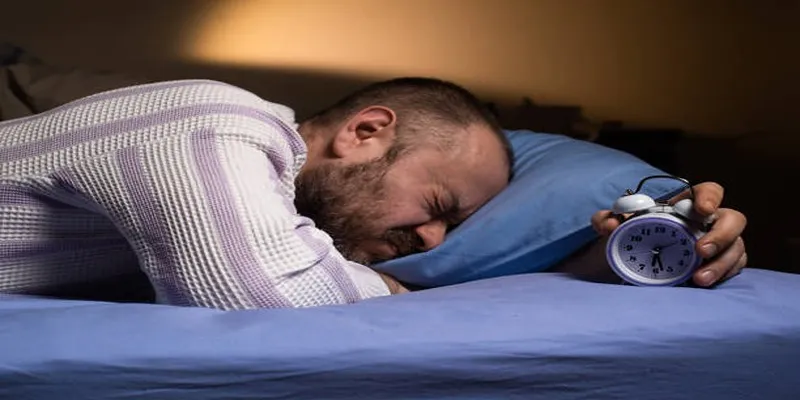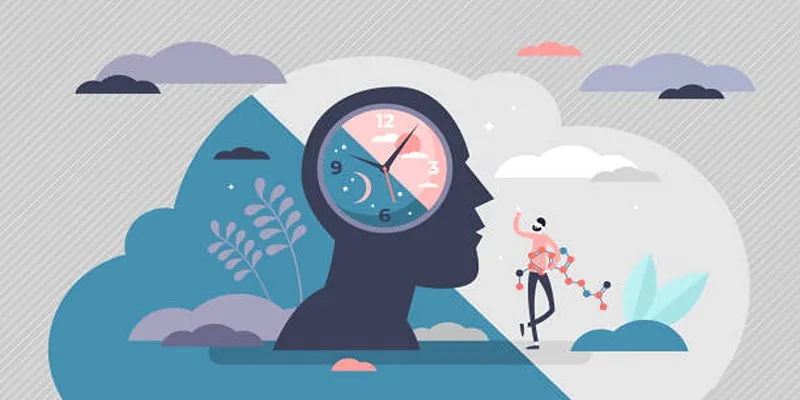Exploring the Link Between Depression and Sleep Talking
Somniloquy, commonly referred to as sleep talking, has intrigued people for centuries. Despite its prevalence, the nature and underlying causes of sleep talking remain largely unknown. One area of interest is the potential link between sleep talking and depression. In this article, we explore the updated literature and explain the mechanisms behind this peculiar association. Understanding this connection could aid in further comprehension of sleep and mental disorders.
What Is Sleep Talking?

Sleep talking is a phenomenon where a person speaks during sleep without any recollection of doing so. It is often classified as a parasomnia because it occurs during sleep. Sleep talking can range from simple mumbling to complete conversations and may happen infrequently or several times a night, lasting from a few seconds to several hours.
Common Causes of Sleep Talking
While the exact cause of sleep talking is not fully understood, several factors contribute to its occurrence:
- Stress and Anxiety: High levels of stress and anxiety can increase the likelihood of sleep talking.
- Sleep Deprivation: Lack of sleep or poor-quality sleep can trigger sleep talking episodes.
- Sleep Disorders: Conditions like sleep apnea, insomnia, and sleepwalking can contribute to sleep talking.
- Genetic Predisposition: Sleep talking may be hereditary, suggesting a genetic influence.
Types of Sleep Talking
Sleep talking can manifest in various forms, from incoherent sounds to coherent conversations. Common types include:
- Gibberish: Involves nonsensical or unintelligible utterances.
- Repetitive Speech: Repeating certain words or phrases.
- Conversations: Simulated back-and-forth dialogues, often in response to imagined stimuli.
- Emotional Expressions: Includes emotional expressions like laughing, crying, or shouting.
Depression and Its Impact on Sleep
Depression is a mental health condition characterized by persistent feelings of sadness, lack of interest in activities, appetite changes, sleep issues, fatigue, difficulty concentrating, and thoughts of self-harm. It significantly affects daily life and overall well-being.
Depression can disrupt sleep patterns, leading to insomnia (difficulty falling or staying asleep) or hypersomnia (excessive sleepiness). These disruptions contribute to daytime fatigue and impaired functioning.
The Role of Mood Regulation in Sleep Quality
Sleep and mood regulation are interconnected. Adequate rest is crucial for emotional well-being, while poor sleep can exacerbate negative emotions and depressive symptoms. Disruptions in sleep affect neurotransmitter regulation, leading to emotional instability.
The Science Behind Depression and Sleep Disorders
Depression and disrupted sleep cycles often coexist, with each exacerbating the other. Understanding this relationship can illuminate the mechanisms contributing to these conditions.
Depression and Disrupted Sleep Cycles
Depression significantly impacts sleep patterns, leading to disturbances like insomnia or hypersomnia, further worsening depressive symptoms and creating a cycle of sleep deprivation and emotional instability.
How Depression Influences Brain Activity
Research indicates that individuals with depression may experience altered brain activity during sleep. EEG studies reveal changes in brain wave patterns, including decreased slow wave sleep (SWS) and REM sleep abnormalities, contributing to emotional dysregulation.
REM Sleep and Emotional Processing in Depression
REM sleep, characterized by rapid eye movements and vivid dreaming, is crucial for emotional processing. Depression affects REM sleep, causing shorter latency, increased density, and frequent nightmares, contributing to emotional dysregulation.
Can Depression Trigger Sleep Talking?
Research suggests that depression can lead to disrupted sleep patterns, including REM disturbances closely associated with sleep talking. Emotional distress and mood fluctuations in depression may contribute to these episodes. However, sleep talking can also occur without depression and may have other causes.
Other Factors Contributing to Sleep Talking

Besides depression, other factors can contribute to sleep talking episodes, including:
- Anxiety, Stress, and Trauma: Emotional distress can disrupt sleep patterns, increasing sleep talking episodes.
- Sleep Deprivation and Poor Sleep Habits: Irregular sleep schedules and poor habits can trigger sleep talking.
- Genetic Predisposition: Genetic factors can influence sleep patterns and predispose individuals to sleep talking.
- Sleep Disorders like Sleep Apnea: Disorders like sleep apnea can cause sleep talking by disrupting breathing and sleep.
Conclusion
Sleep talking is a complex phenomenon occurring in both individuals with and without depression. While depression is a known factor, elements like anxiety, stress, sleep deprivation, genetic predisposition, and sleep disorders also play a role. Understanding these factors can help individuals manage sleep patterns and seek interventions if necessary. Consulting healthcare professionals is advised if sleep talking becomes disruptive or distressing.











